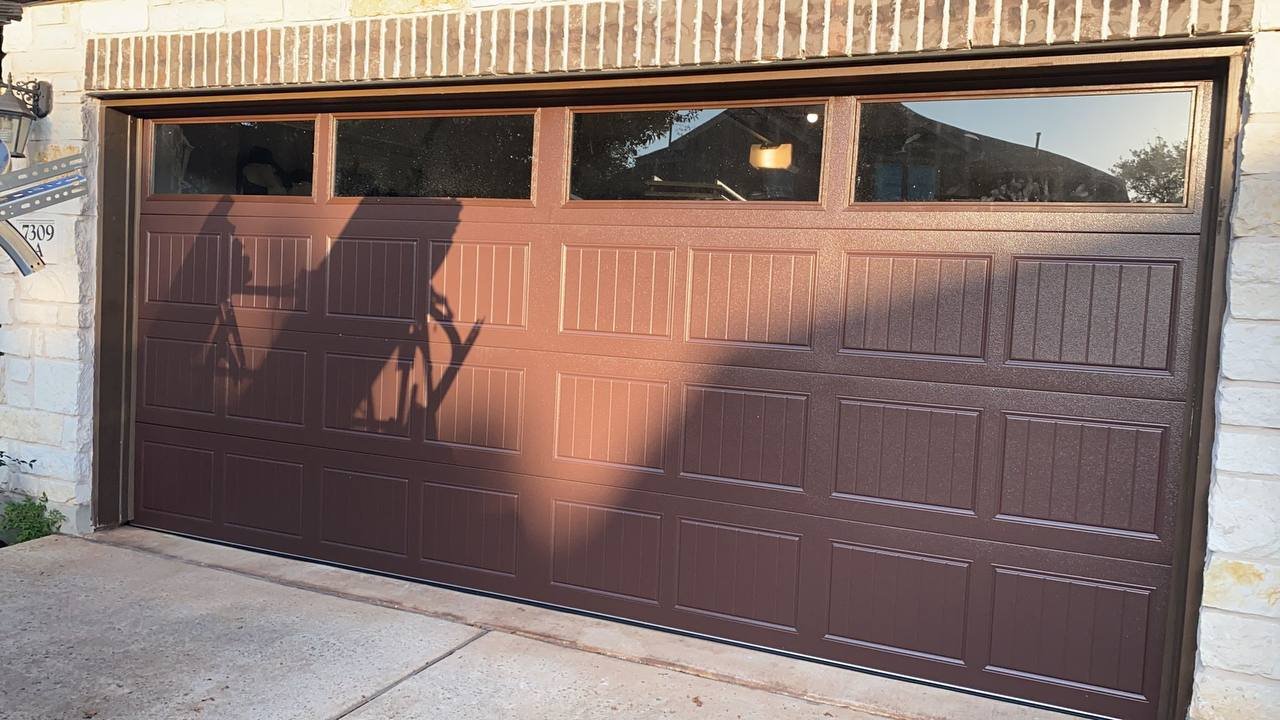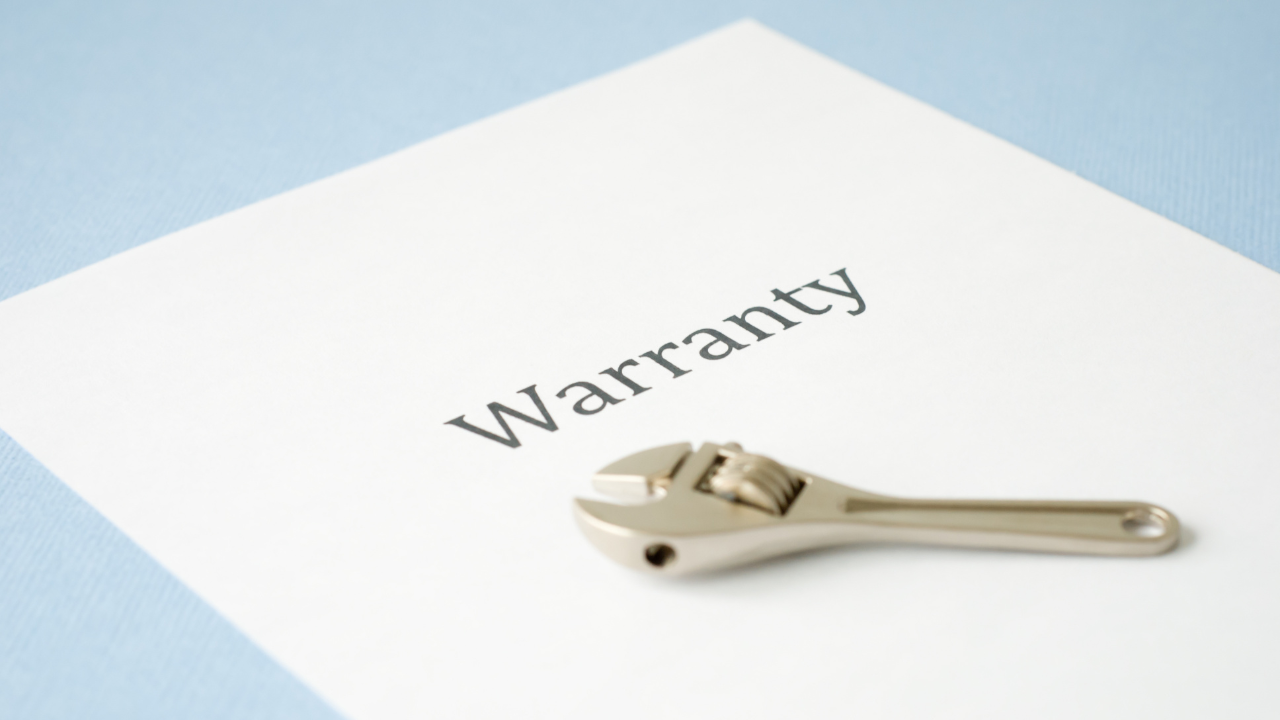Smart garage systems: why timing matters in Seattle, WA
If you own smart garage systems in Seattle, WA, knowing when to replace parts saves money, reduces downtime, and keeps your home secure. The Pacific Northwest weather, daily salt in coastal areas, and heavy use can accelerate wear on components. This guide explains practical signs to replace parts, typical timelines, and what to expect from a residential service call.
Common parts that need replacement
Smart garage systems combine mechanics, electronics, and networking. Replace parts when they compromise safety, connectivity, or function.
1. Torsion and extension springs
Springs take the most strain. In Seattle’s damp climate springs can corrode faster than inland. Replace springs when you notice:
- Loud bangs or sudden snapping sounds.
- Uneven door movement or a door that sags on one side.
- Visible rust pitting along the coil.
Pro tip: springs are dangerous to replace DIY. Use a qualified residential service to avoid injury and further damage.
2. Cables and rollers
Frayed cables or worn rollers cause jerky operation and can stress the opener. Replace cables if strands break or rust shows. Replace rollers every 7–10 years or sooner if they bind — especially important for smart garage systems that rely on smooth travel for sensors and automatic routines.
3. Garage door opener motors and gearheads
Openers in smart garage systems do more work — Wi‑Fi modules, continuous monitoring, and frequent remote commands increase cycles. Replace the motor or gearhead if you hear grinding, smell burning, or experience intermittent operation. A noisy or slow opener is often cheaper to replace than to repair multiple times.
4. Circuit boards and Wi‑Fi modules
Electronic failures are usually weather- or power-related. Replace control boards if the unit won’t respond to remotes, the wall console is dead, or the unit fails to pair with apps. Before replacing, check breakers, batteries, and router placement; sometimes a simple reset fixes connectivity without a part swap.
5. Safety sensors and photo eyes
Sensors are required for safe operation. Replace misaligned, cracked, or water-damaged sensors immediately. In rainy Seattle neighborhoods, elevate wiring and use weatherproof housings to extend life.
When to replace: practical timelines
Every home is different, but here are realistic windows for typical parts in smart garage systems.
- Springs: 5–10 years depending on cycles and corrosion.
- Cables: 7–12 years; sooner if you see fraying or rust.
- Rollers: 7–10 years for nylon; 10–15 for steel with regular maintenance.
- Openers: 10–15 years; replace at first sign of major electronic failure for smart models.
- Electronics/Wi‑Fi modules: 5–12 years; replace earlier if water or power surges occur.
Regular maintenance pushes these timelines out. A seasonal inspection is a small investment compared to emergency replacement.
Signs your smart garage system needs parts replaced now
Watch for these actionable signs specific to Seattle homeowners:
- Doors that open or close more slowly after heavy rain — water intrusion into mechanics or sensors.
- Frequent disconnects between the app and the opener — failing Wi‑Fi module or degraded antenna.
- Rust streaks on springs or cables — corrosion weakens parts quickly in coastal zones.
- New grinding or squealing sounds during operation — usually gear, bearing, or motor wear.
- Intermittent safety reversals — often a sensor or alignment issue that should be addressed immediately.
Quick checklist before replacement
- Test the manual release and balance the door.
- Inspect for visible rust, frays, or cracked plastic parts.
- Swap batteries in remotes and keypads before assuming electronics need replacement.
- Run a sensor alignment and wipe lenses free of debris and condensation.
If issues persist after these checks, schedule a professional inspection to diagnose whether replacement or repair is the best option. For maintenance tips and seasonal advice, see our blog.
Costs, warranties, and permits in Seattle
Costs vary with part quality and whether a smart module or an entire opener is needed. Expect Seattle ranges like these for residential service on smart garage systems:
- Springs: $150–$350 for a typical residential pair, installed.
- Cables and rollers: $120–$300 depending on materials and labor.
- Openers with built-in smart features: $350–$700+ installed for belt-drive smart models.
- Control boards and Wi‑Fi modules: $100–$300 depending on compatibility.
Ask about part warranties and labor guarantees — many manufacturers cover electronics for a limited period, and local contractors may offer service warranties. Permits are rarely required for simple part swaps, but if you significantly alter structural elements or electrical service, check Seattle building codes or contact the city. For a service estimate or permit guidance, contact us.
Choosing replacement parts for long life
When replacing parts in smart garage systems, prioritize durability and compatibility:
- Choose galvanized or stainless components in coastal neighborhoods to resist corrosion.
- Select openers with reliable smart ecosystems to receive firmware updates and security patches.
- Match springs and cables to door weight and cycle rating — underspec’d parts fail sooner.
- Use weatherproof housings and rated connectors for electronics near gables or exposed walls.
Installing the right part once prevents repeat service calls and protects connected automation routines.
When to call a pro vs. DIY
DIY makes sense for non-structural tasks like swapping batteries, lubricating rollers with recommended lubricants, or adjusting sensor alignment. Never DIY spring replacements, major cable work, or internal opener motor repairs. Those actions require tools and safety procedures professionals use daily.
For a clear plan and reliable installation of smart garage systems parts in Seattle, WA, see our services or schedule a local inspection.
Final recommendations
Keep a seasonal maintenance log: note lubrication, part ages, and any app connectivity issues. If you rely on smart garage systems for daily routines, small investments in timely part replacement prevent lockouts and security problems.
Ready to schedule a local inspection or get a replacement estimate? Use the button below to call our Seattle team.
Call for same-day diagnostics:
Helpful local resources in Seattle, WA
- Garage Door Repair Seattle
- Garage Door Repair Bellevue
- Garage Door Repair Redmond
- Garage Door Repair Kirkland
- Garage Door Repair Mercer Island
- Garage Door Repair Edmonds
- Garage Door Repair Issaquah
- Garage Door Repair Tacoma
- Garage Door Repair Everett
- Garage Door Repair Bothell
- Garage Door Repair Sammamish
- Garage Door Repair Renton
- Garage Door Repair Lynnwood
- Garage Door Repair Woodinville
- Garage Door Repair University Place
- Garage Door Repair Gig Harbor
- Garage Door Repair Lakewood
- Garage Door Repair Puyallup
- Garage Door Repair Mukilteo
- Garage Door Repair Vancouver
- Garage Door Repair Kenmore
- Garage Door Repair Burien
- Garage Door Repair Auburn
- Garage Door Repair South Hill
- Garage Door Repair Yarrow Point
- Garage Door Repair Clyde Hill
- Garage Door Repair Port Townsend
- Garage Door Repair Duvall
- Garage Door Repair Snoqualmie
Frequently Asked Questions
How does Seattle weather affect smart garage systems?
Persistent moisture speeds corrosion on springs, cables, and metal rollers. Electronics can suffer from condensation. Schedule inspections after wet winters and use weatherproof housings for outdoor modules.
How long will a smart garage opener last before I should replace it?
Expect 10–15 years for a quality smart garage opener with regular maintenance. High-cycle households or coastal exposure can shorten that life; replace sooner if it has connectivity failures or noisy operation.
What are typical local costs to replace springs or upgrade to a smart opener?
In Seattle, spring replacement typically runs $150–$350 installed. Upgrading to a smart belt-drive opener generally costs $350–$700+ including installation and basic programming.
Do I need a permit to replace garage door parts in Seattle?
Simple part replacements usually don’t require permits. Structural changes, significant electrical work, or new motorized doors may. Check Seattle Department of Construction permits or ask your installer during scheduling.
Are replacements covered by warranty in Seattle?
Manufacturer warranties cover many parts for set periods; labor warranties depend on the contractor. Keep receipts and get written warranty terms before installation.
Helpful local resources in Seattle, WA
- Garage Door Repair Seattle
- Garage Door Repair Bellevue
- Garage Door Repair Redmond
- Garage Door Repair Kirkland
- Garage Door Repair Mercer Island
- Garage Door Repair Edmonds
- Garage Door Repair Issaquah
- Garage Door Repair Tacoma
- Garage Door Repair Everett
- Garage Door Repair Bothell
- Garage Door Repair Sammamish
- Garage Door Repair Renton
- Garage Door Repair Lynnwood
- Garage Door Repair Woodinville
- Garage Door Repair University Place
- Garage Door Repair Gig Harbor
- Garage Door Repair Lakewood
- Garage Door Repair Puyallup
- Garage Door Repair Mukilteo
- Garage Door Repair Vancouver
- Garage Door Repair Kenmore
- Garage Door Repair Burien
- Garage Door Repair Auburn
- Garage Door Repair South Hill
- Garage Door Repair Yarrow Point
- Garage Door Repair Clyde Hill
- Garage Door Repair Port Townsend
- Garage Door Repair Duvall
- Garage Door Repair Snoqualmie



